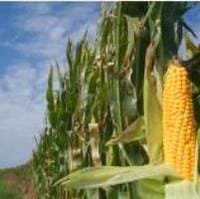(BRUSSELS) – The Council of the European Union adopted Thursday a regulation which will significantly increase tariffs on imports into the EU of certain products from Russia and Belarus.
“By imposing increased tariffs, we are taking decisive action to prevent our agricultural sector from being destabilised by Russian imports, while protecting Ukrainian exports from being mislabelled as Russian,” said Trade Commissioner Valdis Dombrovskis, vowing to maintain the support “for as long as it takes”.
The measures are designed to suppress imports into the EU of cereals, oilseeds and derived products, as well as beet-pulp pellets and dried peas, while not affecting exports to third countries and preserving global food security. The increased tariffs also apply to Belarus in light of the country’s close political and economic ties to Russia.
The new tariffs are designed to prevent market destabilisation within the EU and protect the EU farming community, tackle the illegal exports of Ukrainian grain mislabelled as Russian, and cut off revenue streams that could fund Russia’s ongoing war of aggression against Ukraine.
The regulation comes in response to Russia’s role as a global grain exporter and its use of food exports as a geopolitical tool. The EU stands firmly with Ukraine and its people, and will continue to strongly support Ukraine’s economy, as well as its society, armed forces, and future reconstruction.
Following the Council’s adoption, the regulation implementing the tariffs will enter into force on 1 July.








